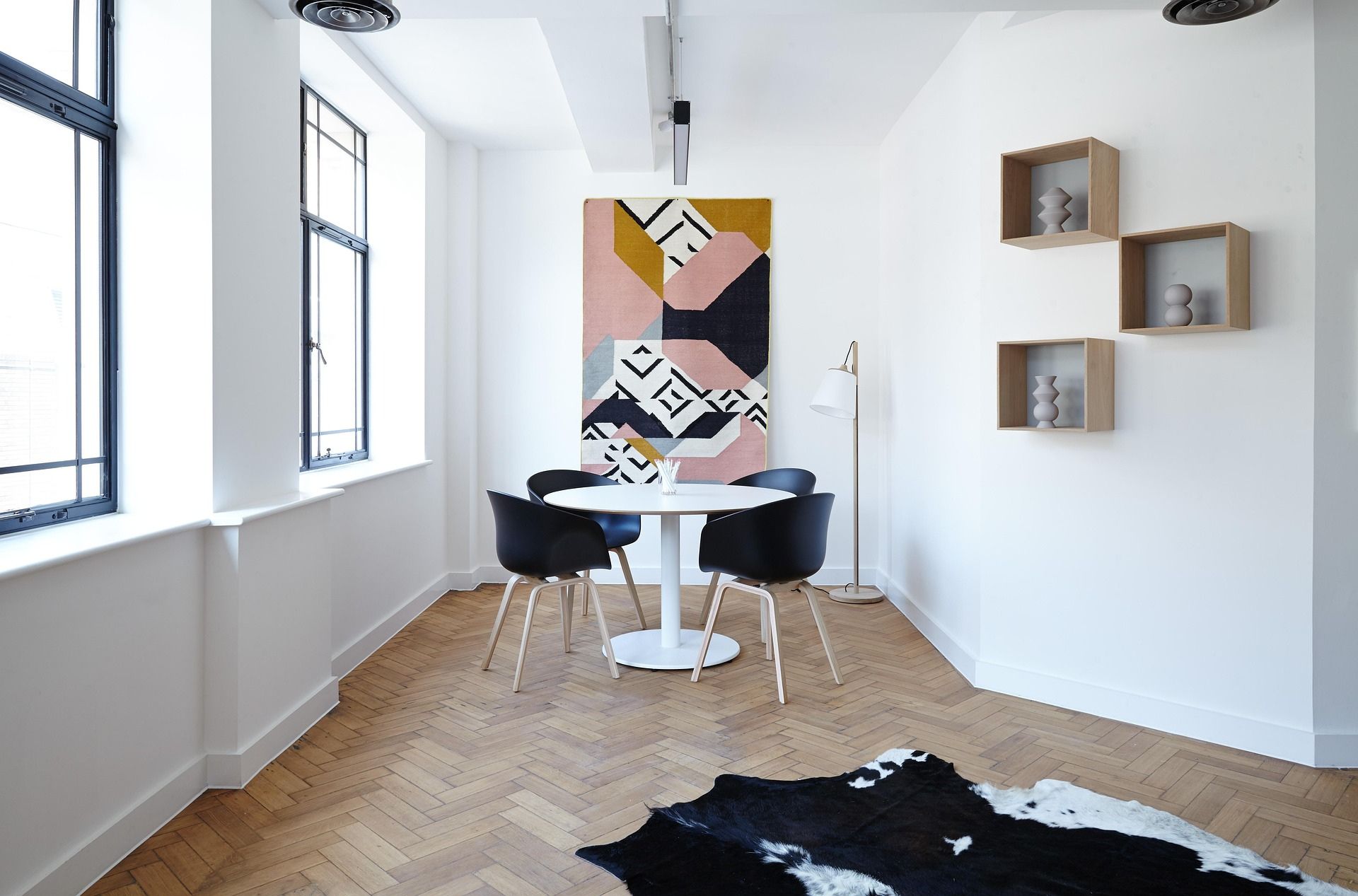LMNP Regime in France: A Smart Path for International Property Investors

Reading time: 6 minutes
The LMNP regime (Loueur Meublé Non Professionnel), or Non-Professional Furnished Rental status, is one of the most tax-efficient tools available for private real estate investors in France. This system allows individuals to rent furnished property—often in high-demand areas like Paris—while enjoying generous tax benefits without having to create a company or operate as a real estate professional.
If you’re acquiring property with the goal of generating passive income or optimizing long-term capital gains, LMNP may be the most strategic framework for your situation.
What Is the LMNP Status?
LMNP applies when you rent a furnished property that serves as the tenant’s main residence, and you do not exceed certain thresholds of rental income.
To qualify:
- Rental income must be below €23,000 per year, or
- Less than 50% of your total taxable income (across salary, business income, pensions, etc.)
- The property must be furnished, meaning the tenant can move in with only personal belongings
Legal Rental Conditions
To qualify as a furnished rental under French law, your lease must:
- Be for at least 1 year (renewable), or 9 months for student tenants
- Include a full list of required furnishings (bed, kitchenware, fridge, table, storage, etc.)
- Be declared within 15 days of first rental through the local Commercial Court (CFE) via the P0i form
LMNP does not require company formation. You remain a private individual under the tax code but must still register your activity to receive a SIRET number.
LMNP and Tourist Rentals: Don’t Confuse the Two
If you rent your furnished property occasionally or short-term (such as on Airbnb), you fall under furnished tourist accommodation rules, not LMNP. This comes with strict obligations:
- Declaration to the local mairie using Cerfa 14004*2
- Prior authorization for change of use, especially in Paris and other tight zones
- Maximum of 120 nights per year if it’s your primary residence
- Registration number required in all online listings
Failure to comply may result in fines of up to €50,000 in cities like Paris.
Taxation Under LMNP: Two Options
Once registered, you must choose between two tax regimes for your LMNP income.
1. Micro-BIC (Simplified Regime)
- Applies to gross rental income below €77,700 per year
- Automatically provides a 50% deduction from rental income
- No justification of expenses required
- 71% deduction for certified tourist accommodation
- Income is still subject to 17.2% social contributions (CSG/CRDS)
This regime is simple and ideal if your rental income is modest and you have few expenses.
2. Régime Réel (Actual Cost Regime)
This regime is optional under €77,700, but mandatory above it.
It allows you to deduct:
- Mortgage interest
- Property tax
- Repairs and maintenance
- Management fees and insurance
- Accounting and legal costs
- Amortization of the property (excluding land), furniture, and acquisition fees
These deductions drastically reduce—or entirely eliminate—your taxable income from the rental.
Example: How LMNP Real Regime Works
Let’s say you invest in a furnished apartment in Paris:
- Purchase price: €300,000
- Furniture and appliances: €10,000
- Notary and registration fees: €20,000
- Gross annual rent: €18,000
- Loan interest: €4,000
- Property tax and expenses: €1,500
- Annual amortization:
- Building (€250,000 over 30 years): €8,333
- Furniture (€10,000 over 5 years): €2,000
- Notary fees (€20,000 over 10 years): €2,000
Total deductions: €17,833
Taxable income: €18,000 – €17,833 = €167
In this case, you pay almost no tax on your rental income. Any slight deficit can be carried forward to offset future LMNP income. The amortization itself is not limited in time.
What Happens in Case of a Deficit?
- Operational deficits (from expenses) can be carried forward for 10 years
- Amortization carryforward can be deferred indefinitely
- This makes LMNP ideal for investors using leverage or renovating property
Even more: the capital gains tax at resale is calculated under private individual rules, and previous amortization is not reintegrated, unlike in commercial property regimes.
Special Case: Renting Part of Your Own Home
Under certain conditions, LMNP income can be fully exempt from tax:
- If you rent a room in your main residence as the tenant’s primary home
- The rent must be reasonable and below market price
- Or, if the income from these rentals is less than €760/year, for short stays without residency
This is only available in limited, low-scale scenarios.
LMNP and VAT
In most cases, LMNP is not subject to VAT. However, if you:
- Offer hotel-style services (breakfast, daily cleaning, reception), or
- Lease to a para-hotel operator (like a serviced residence),
Then you may be liable for VAT. Consult a tax advisor before structuring such investments.
Professional Help Is Strongly Recommended
While LMNP offers powerful tax tools, the real regime requires proper bookkeeping:
- Annual accounting (liasse fiscale)
- Amortization schedules
- Digital tax filing through certified software
We strongly recommend working with a tax advisor specialized in LMNP. MoveNest connects you with trusted, English-speaking experts who manage everything for you—from registration to optimization.
Summary: Is LMNP Right for You?
| Criteria | LMNP Micro-BIC | LMNP Real Regime |
|---|---|---|
| Gross rent limit | < €77,700/year | No limit |
| Deduct expenses | No | Yes |
| Amortize property | No | Yes |
| Simple to manage | Yes | Requires accountant |
| Ideal for | Low expenses | Mortgaged or renovated units |
MoveNest Paris Can Help You Structure the Right Strategy
At MoveNest, we help international clients:
- Evaluate rental opportunities in Paris
- Model the impact of LMNP taxation on net returns
- Register your activity and select the right regime
- Connect with notaries and tax experts
- Comply with French legal requirements for long-term or short-term rentals
You focus on investing—we handle the rest.
For additional legal guidance on the LMNP tax regime, you can consult the official overview provided by the Notaires of France.